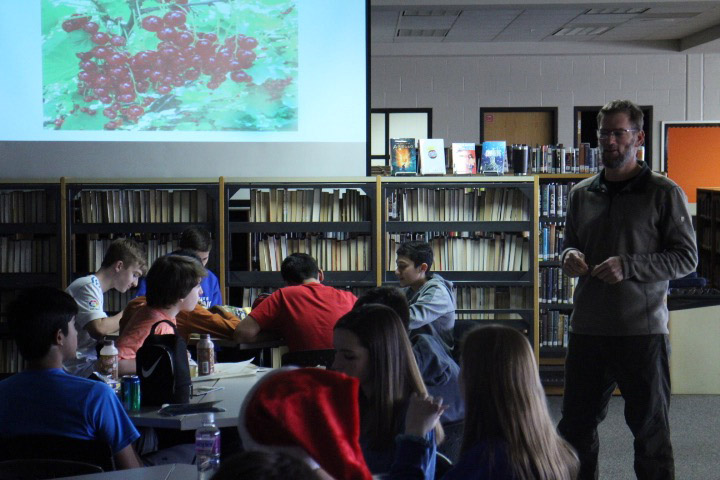A student picks a raspberry from the bush and takes a bite. The fruit is sweet and the flavor of it washes over the student’s mouth. As the sensation ends, the student continues his walk through the Refugee Food Forest that he first learned about from his school’s Lunch and Learn program. A program where expert speakers talk about various topics – robotics, local farming, bookbinding – in the NCHS IMC over a day’s lunch periods.
The sunlight flows through the numerous differently colored plants left at the student’s disposal. The students next thoughts were only a simple question. “Should I find a nature preserve next?”
A Lunch and Learn presentation on appreciating the nature and agriculture around Normal was held Thursday, December 14. Parks, lakes, and especially local foods were the major topics of focus as students listened to Mr. Bill Davison, an educator from the University of Illinois Extension Office.
Davison commented on a near-future possibility of a collaboration between schools and local farms – with the schools using products grown by local farmers in their lunch programs. Davidson believes that local farmers would be profiting by such an endeavor opening up their market to more consumers.
Students would have to continuously support the local food in cafeteria in order to keep that beneficial relationship with farmer’s open. But the benefit would be fresh, never frozen produce to consume.
“We’ve been using models from around the nation to develop this initiative,” said Davison.
This announcement was followed by the specific mentioning of a fruit that goes otherwise unrecognized but has already arrived at NCHS – the wheat berry.
“The wheat berry salad is on the salad bar line,” said Mrs. Caroline Fox, a IMC specialist who set up the Lunch and Learn.
As students learned about this fruit that they had never heard of, excitement grew as details about it were shared by the speaker.
“I saw a lot of kids who were there who were really enjoying the things they were hearing because they knew a little bit about it and they were learning some more,” Fox said.
Davison, to accompany the fruit portion about programs in Normal related to local food, introduced students to Normal’s Refuge Food Forest.
An almost mythical sounding place, the Refuge Food Forest is an acre and a half of land set as a collaboration between the U of I Extension Office and the Normal Parks Department where various fruits, both of the popular and obscure variety, have been planted and are free to pick and eat by the public.
“It was started 3 years ago with the goal of getting kids outside and to inncrease people’s appreciation for local foods,” stated Davison.
Chestnuts and currants were highlighted by Davison as nutritional alternatives to other food items like sweet berries or wheat.
Pictures of vibrant volunteers were shown, working a sweat, helping to maintain the Refuge Food Forest, making sure it was well-kept to inspire students to help.
The focus of the presentation quickly switched to promoting the nature in the areas surrounding Bloomington Normal. Davison commented on the value of introducing children to the outdoor activities that can be found in the Mackinaw Valley Watershed, an area of preserved lands with native wildlife.
Davidson alluded to the joy that can come to a child’s face when catching their first fish, the thrill of wading through the cold rushing waters of streams and rivers.
The area, described by Davidson, is a beautiful place with extremely clear and glistening water. Canoeing and kayaking is available for the waterborn thrill seeking students.
“I’m suprised by how many people don’t know about it, because its a real asset,” said Davison.
The Parklands Foundation, located in Normal, is the organization responsible for protecting and restoring the Mackinaw Valley Watershed and allowing for people to come visit the land.
“The extension office and Parklands Foundation often work together to show that agriculture and nature preservation can be mutually beneficial,” Davison said.
Near the end of the presentation, Davison offered students the rare opportunity to volunteer propagate some of the trees from the Refugee Food Forest, where students remove branches or parts of the trees and plant them in such a way that they can be nurtured into a new tree.
The propagation event is open to all residents and will be held on March 31 from 9 a.m. – 1 p.m.
If the lesson is truly learned – the value in local nature, local food the Refugee Food Forest will be the place to see….
While conversing about wheatberries and the Mackinaw Valley Watershed, the students reach out to the trees and bushes for their available local foods. Each hand grasps a fruit or nut, and then each hand brings the item within their grip to their collective mouths.


![Community honors longtime coach Mr. Bryan Thomas before Oct. 3 game [photo gallery]](https://nchsinkspot.com/wp-content/uploads/2025/10/Thomas-6-1200x1200.jpg)
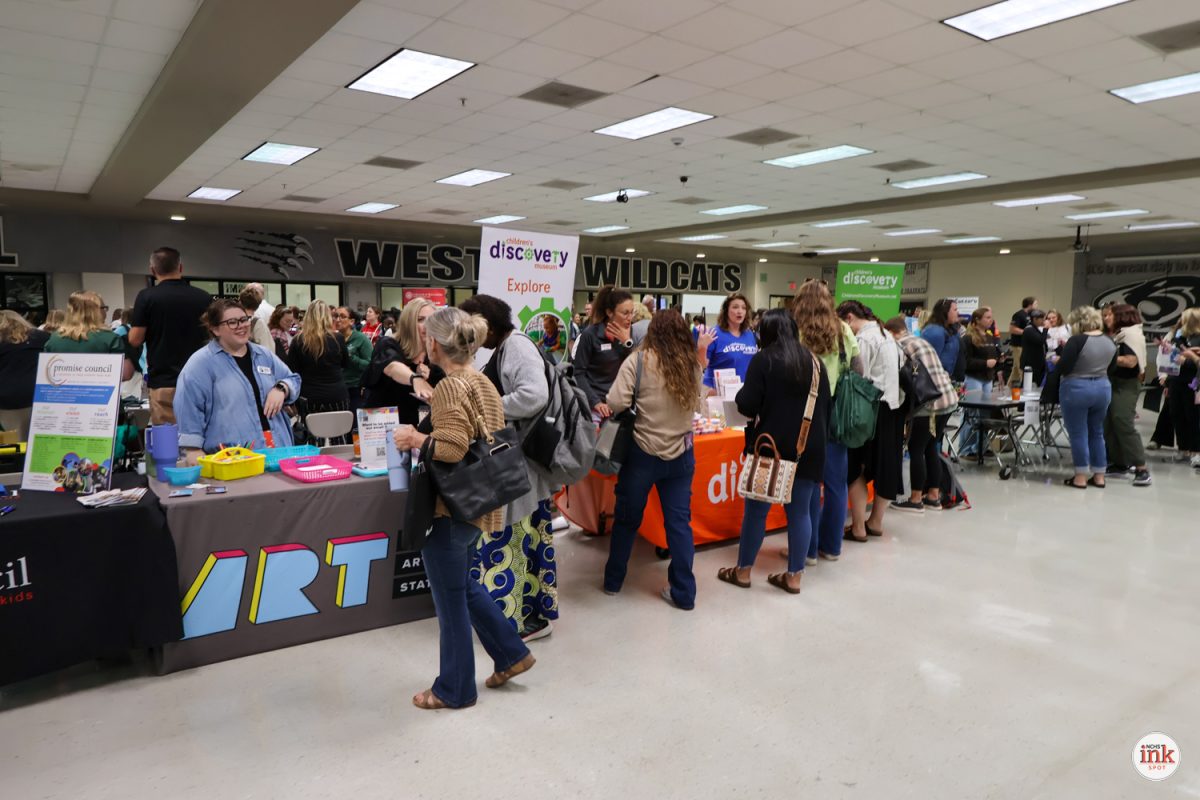
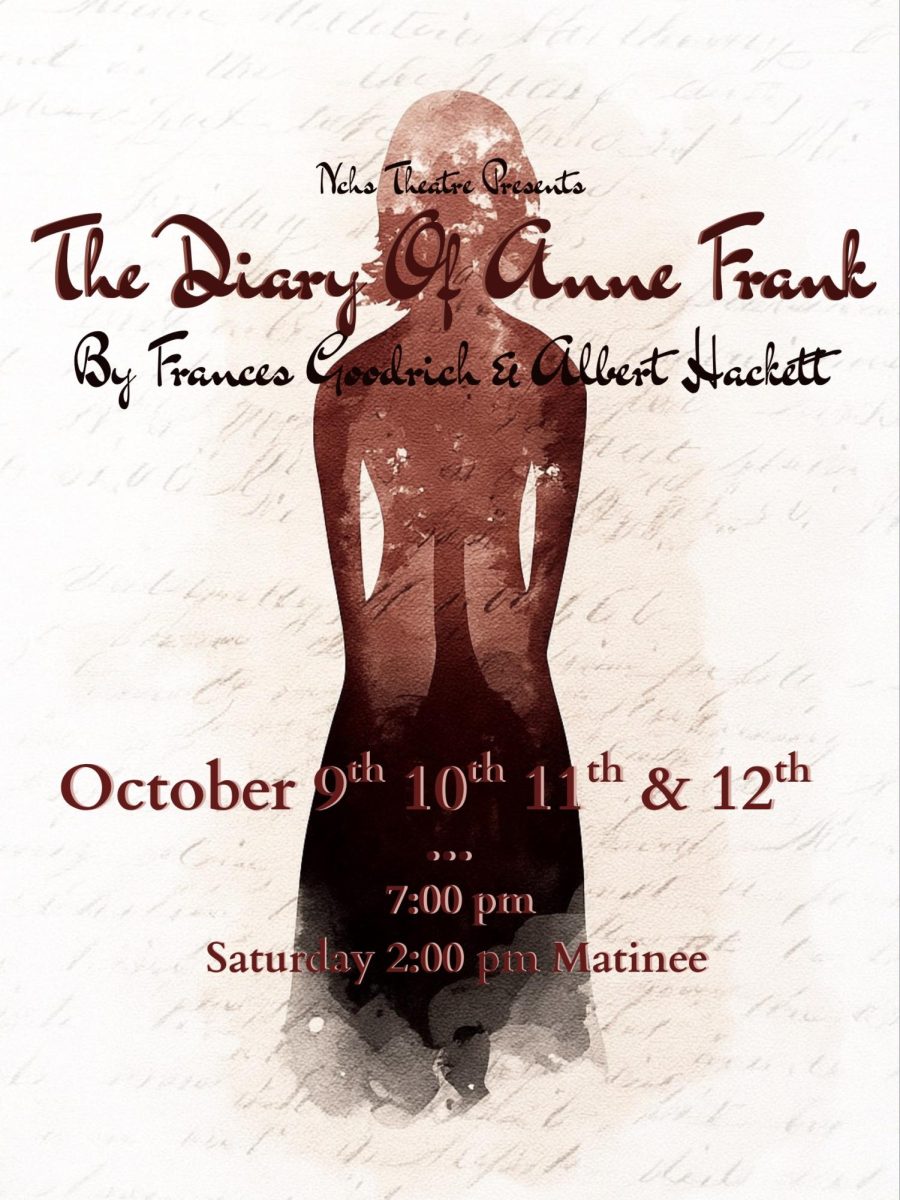





















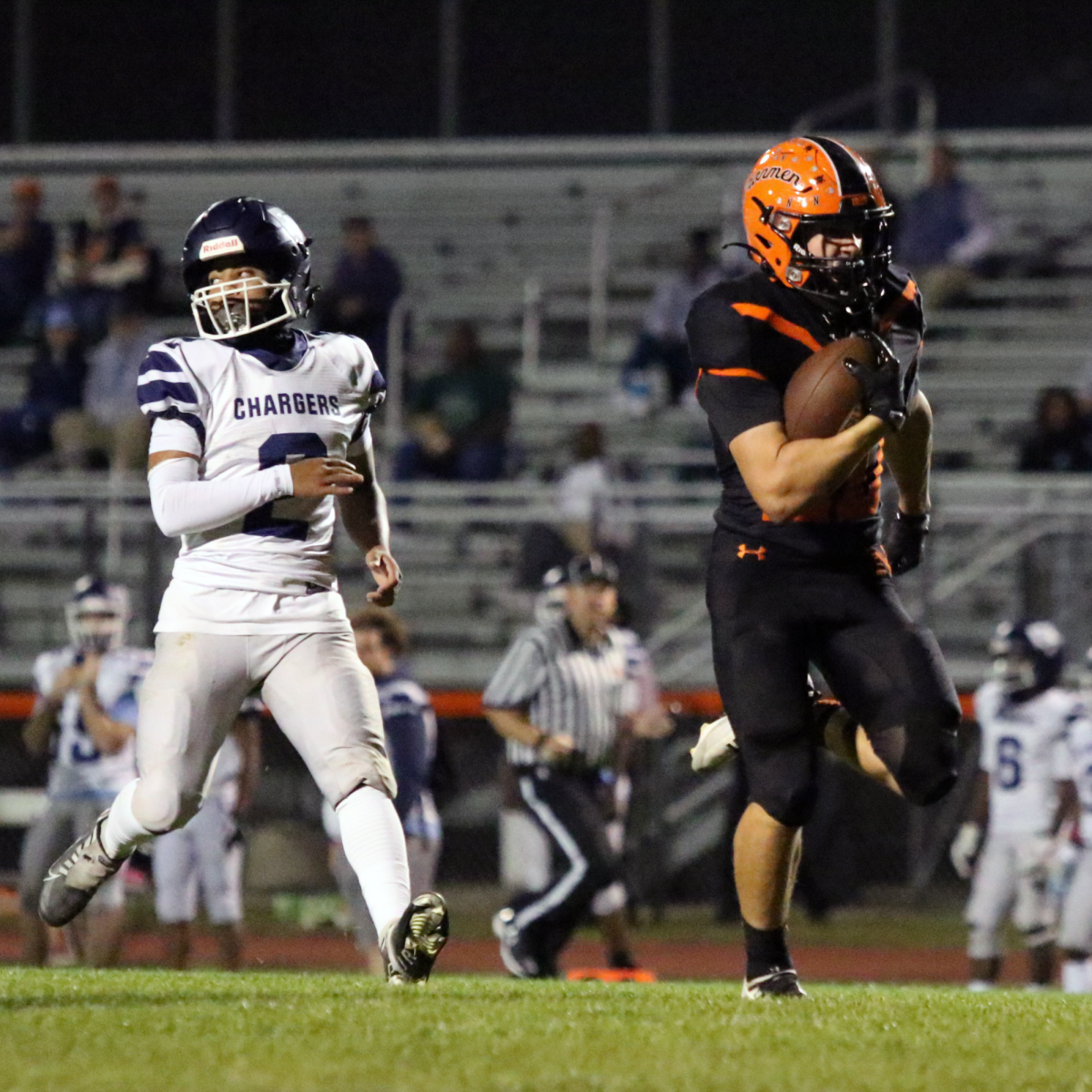
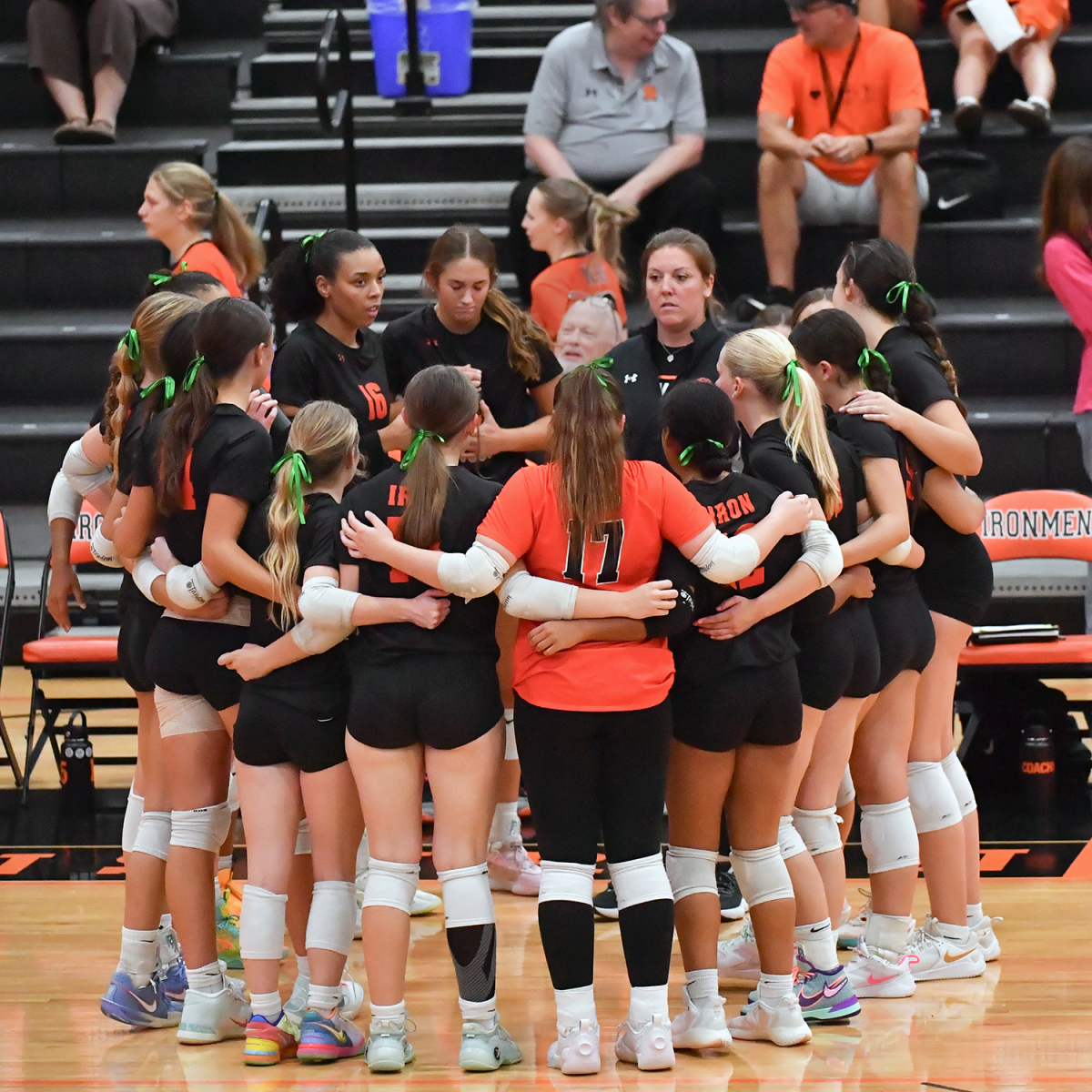
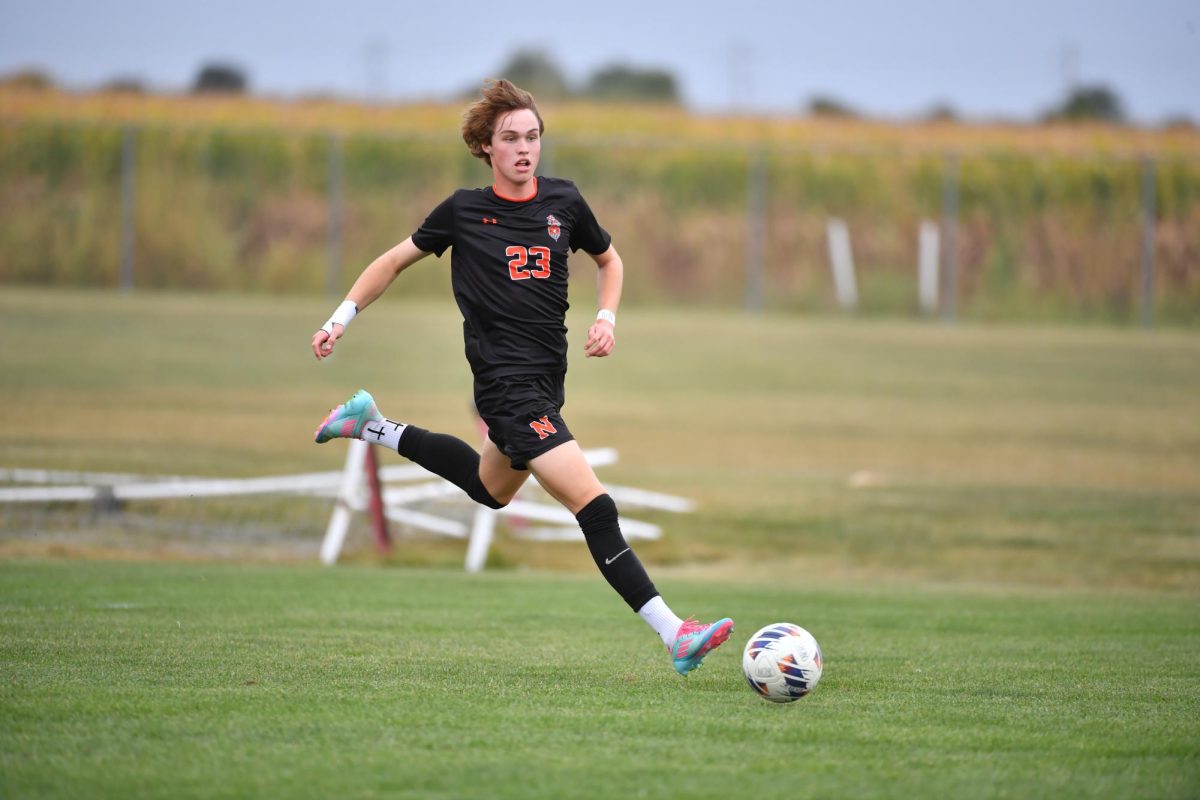
![Ironmen volleball head coach Ms. Christine Konopasek recorded her 400th career victory Oct. 21 as the Ironmen closed their regular season with a 2-0 sweep over Danville.
[Photo Illustration]](https://nchsinkspot.com/wp-content/uploads/2025/10/Vball400Thumb.png)
![Week 9: Coach Drengwitz on Week 8’s win, previewing Peoria High [video]](https://nchsinkspot.com/wp-content/uploads/2025/10/W9_PeoriaThumb.png)





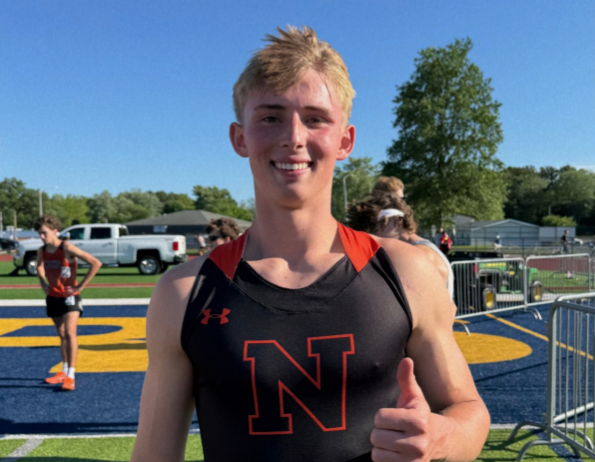

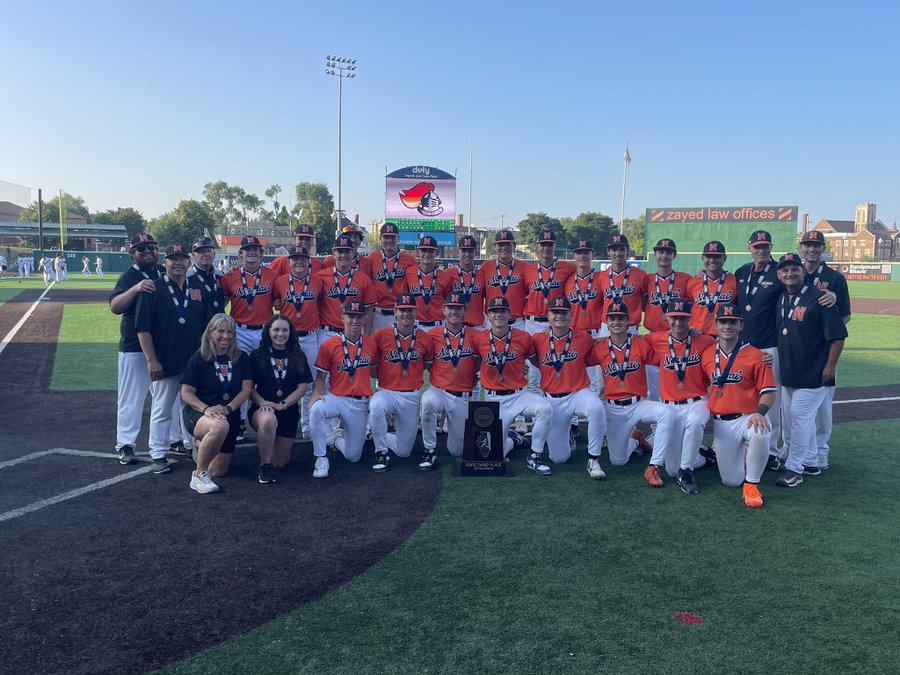








![Halloween candy cross section quiz [quiz]](https://nchsinkspot.com/wp-content/uploads/2022/10/Candy-cover-big-900x675.png)
![Average Jonah? [quiz]](https://nchsinkspot.com/wp-content/uploads/2022/05/average-jonah-900x600.png)







![[Photo Illustration]](https://nchsinkspot.com/wp-content/uploads/2025/09/trigger-words-1.png)










![Postgame: Drengwitz on Community’s 56-6 win over Champaign Centennial; staying unbeaten in Big 12 [video]](https://nchsinkspot.com/wp-content/uploads/2025/10/10.17_FBwChampCent56-6_POST_thumb.png)
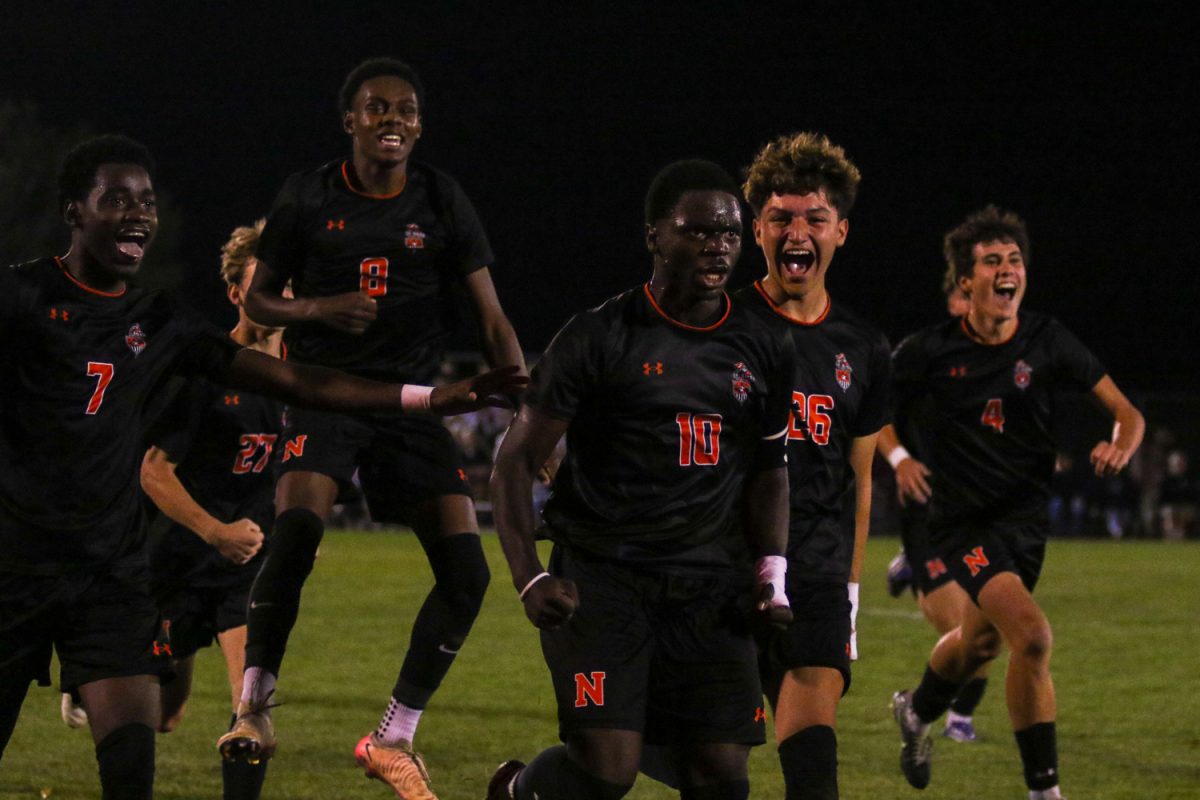






![Week 7: Coach Drengwitz recaps the Ironmen’s win over Bloomington, talks Danville [video]](https://nchsinkspot.com/wp-content/uploads/2025/10/Vikings-feature-Image-1200x675.png)
![On the Spot: This or That – Halloween [video]](https://nchsinkspot.com/wp-content/uploads/2024/10/tot-Halloween-YT-1200x675.png)
![On the Spot: This or That – Fall favorites [video]](https://nchsinkspot.com/wp-content/uploads/2024/10/ots-fall-web-1200x800.png)
![On the Spot – Teachers tested on 2023’s hottest words [video]](https://nchsinkspot.com/wp-content/uploads/2024/01/On-the-Spot-Teachers-tested-1200x675.png)








